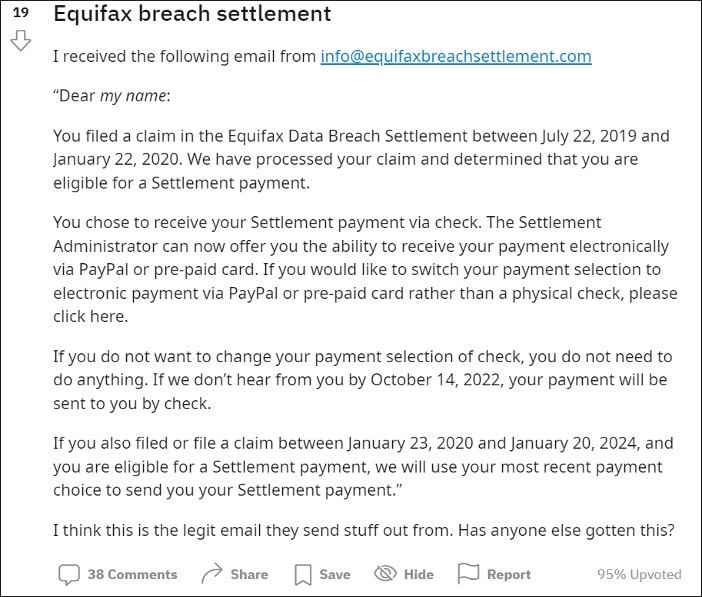DOJ And Google: Renewed Legal Battle Over Search Engine Monopoly

Table of Contents
The DOJ's Allegations of Anti-Competitive Practices
The DOJ's lawsuit accuses Google of engaging in a pattern of anti-competitive behavior designed to maintain its dominant position in the search engine market. These practices, the DOJ argues, stifle innovation and harm consumers by limiting choices and potentially inflating prices.
- Exclusive Deals: The DOJ alleges that Google entered into exclusive agreements with mobile device manufacturers and mobile network operators, requiring them to pre-install Google Search and Chrome as the default search engine and browser. This, according to the DOJ, effectively locked out competitors from gaining a foothold.
- Pre-installation and Preferential Treatment: The pre-installation of Google Search and Chrome, coupled with preferential treatment given to Google services within its search results (placing Google Maps, Google Shopping, and YouTube higher than competing services), further cemented Google’s dominance, the DOJ claims. This allegedly creates an unfair advantage, hindering the growth of rival search engines and related services.
- Consequences for the Tech Industry: A successful DOJ case could set a significant precedent for antitrust enforcement in the tech sector, potentially leading to increased scrutiny of other dominant tech companies and altering the landscape of mergers and acquisitions.
Google's Defense Strategies and Arguments
Google vehemently denies the DOJ's accusations, arguing that its success is due to the superior quality and innovation of its products and services.
- Superior Products and Services: Google contends that consumers choose its products because they offer a better user experience, faster speeds, and more comprehensive features than those offered by competitors. This, they argue, is the result of years of investment in research and development, not anti-competitive practices.
- Benefits to Consumers: Google emphasizes the benefits its services provide to consumers, including free access to information, mapping tools, and other applications. They argue that their actions have fostered competition and innovation, not stifled it.
- Redefining Monopoly: Google’s defense also challenges the very definition of a monopoly in the dynamic digital marketplace, arguing that the market is far more fluid and competitive than the DOJ portrays.
The strength of Google's defense will ultimately be determined by the court, but their arguments highlight the complexities of regulating innovation in the fast-paced tech industry.
The Significance of the Case for the Future of Online Search
The outcome of this case will have profound implications for the future of online search and the broader tech landscape.
- Search Result Changes: A ruling against Google could lead to significant alterations in search results, potentially prioritizing competitors and diversifying the information presented to users.
- Increased Competition & Innovation: A successful lawsuit could increase competition, fostering innovation and potentially resulting in a wider variety of search engines and related services.
- Potential Outcomes: The court's decision could range from significant financial penalties to structural changes within Google, such as the forced separation of its different business units. Altering Google's algorithms to reduce the preferential treatment of its own products is also a potential outcome.
This case could set a critical precedent for future antitrust cases involving dominant tech players.
Previous Legal Battles and Their Impact
Google has faced numerous antitrust lawsuits in the past, both in the US and internationally. While some cases were dismissed or settled, others led to minor concessions from Google.
- EU Fines: The European Union has previously fined Google billions of dollars for anti-competitive practices, including preferential treatment of its shopping service. These precedents might influence the current DOJ case.
- Past Precedents: The outcomes of these prior cases, both the successes and failures of the plaintiffs, will inform the legal strategies and arguments used in the current DOJ lawsuit. Understanding these precedents is key to comprehending the current battle.
These past experiences provide a backdrop against which the current DOJ lawsuit must be understood.
Expert Opinions and Public Reaction
Experts offer varied opinions on the merits of the case and its likely outcome. Economists debate the appropriate metrics for defining market dominance in the digital age, while legal scholars analyze the legal precedents and potential interpretations of antitrust law.
- Diverse Perspectives: Some experts believe the DOJ has a strong case, pointing to Google's market dominance and alleged anti-competitive practices. Others believe Google's actions are justified and that the DOJ's case is weak.
- Public Sentiment: Public opinion is also divided, with some viewing Google as a monopolistic entity that needs to be reined in and others praising its innovation and the benefits its services provide.
The divergence in expert and public opinion highlights the complexities of this high-stakes legal battle.
Conclusion: DOJ and Google: Implications of the Renewed Legal Battle
The "DOJ and Google: Renewed Legal Battle Over Search Engine Monopoly" represents a crucial test of antitrust enforcement in the digital age. Both the DOJ and Google present compelling, albeit conflicting, arguments. The outcome will significantly influence the future of online search, competition within the tech industry, and the way antitrust law is applied in the digital marketplace. The potential impact on consumers, through changes in search results, pricing, and innovation, is substantial. Stay informed about the ongoing developments in this landmark case by following reputable news sources and legal analyses. The implications of this battle are far-reaching and demand our continued attention.

Featured Posts
-
 Post Easter Truce Renewed Hostilities In The Russia Ukraine War
Apr 22, 2025
Post Easter Truce Renewed Hostilities In The Russia Ukraine War
Apr 22, 2025 -
 16 Million Penalty For T Mobile Details Of Three Year Data Breach Settlement
Apr 22, 2025
16 Million Penalty For T Mobile Details Of Three Year Data Breach Settlement
Apr 22, 2025 -
 Across The Us Citizens Rally Against Trump
Apr 22, 2025
Across The Us Citizens Rally Against Trump
Apr 22, 2025 -
 The Difficulty Of Automating Nike Sneaker Production A Technological Deep Dive
Apr 22, 2025
The Difficulty Of Automating Nike Sneaker Production A Technological Deep Dive
Apr 22, 2025 -
 Enhanced Security Partnership China And Indonesia
Apr 22, 2025
Enhanced Security Partnership China And Indonesia
Apr 22, 2025
